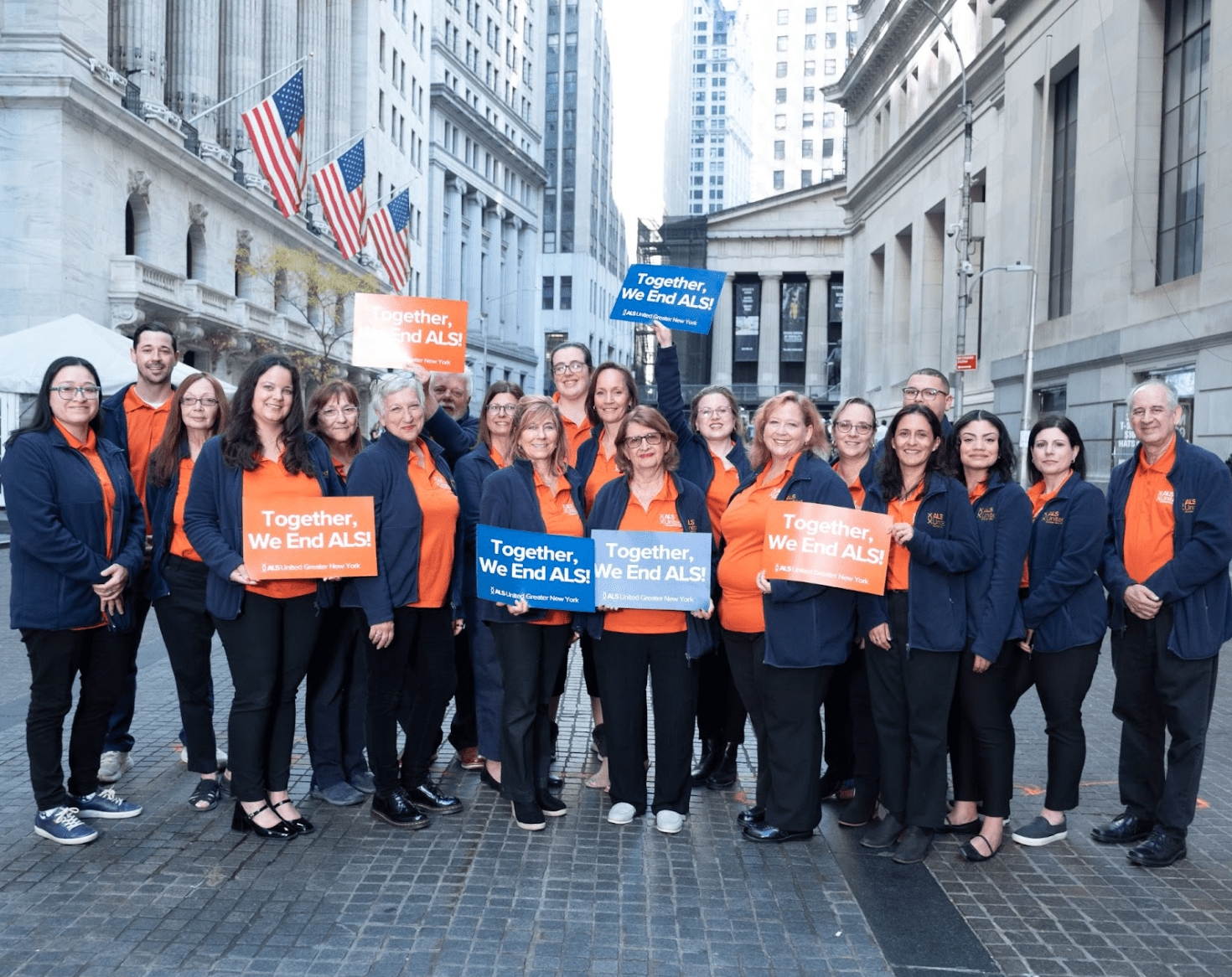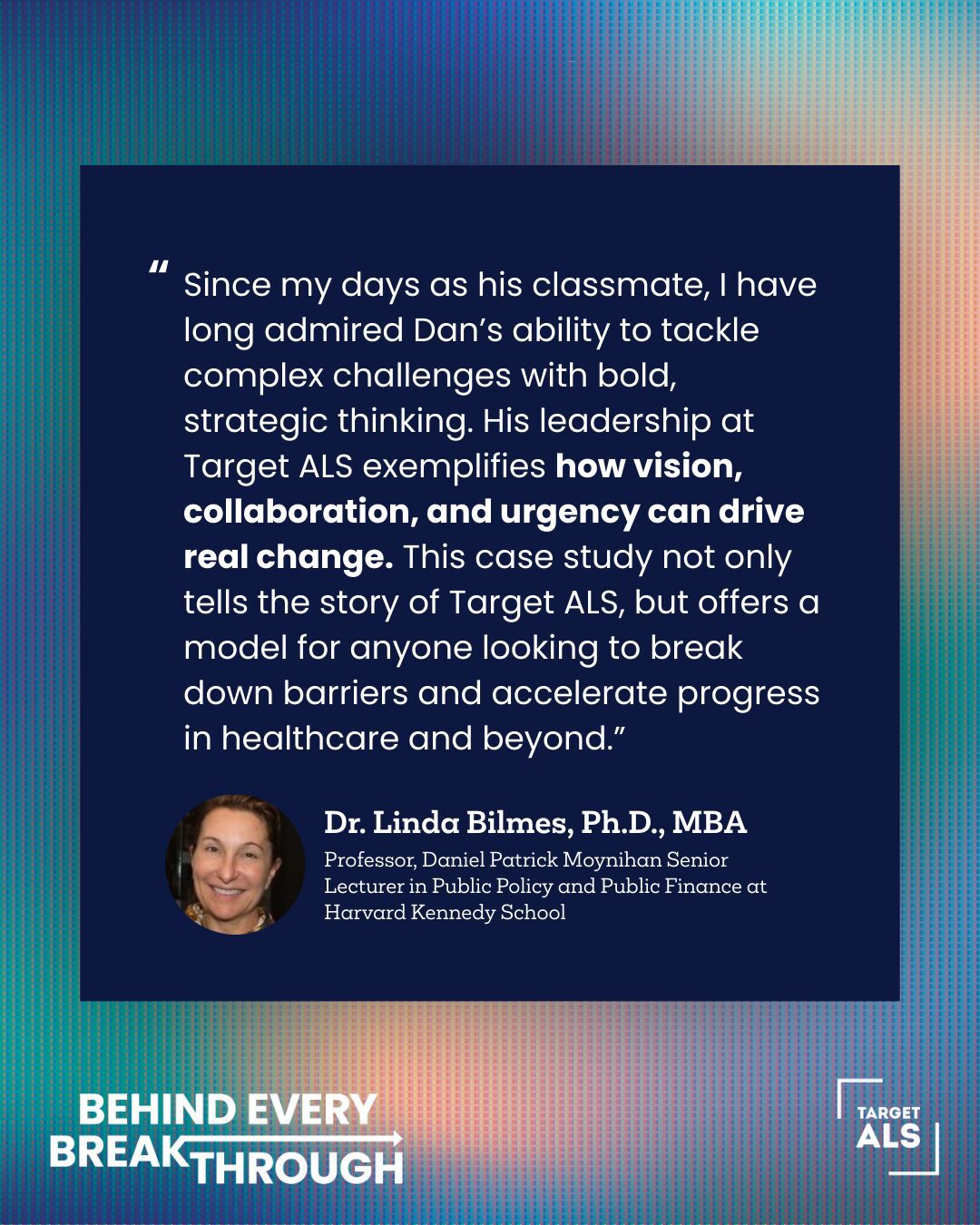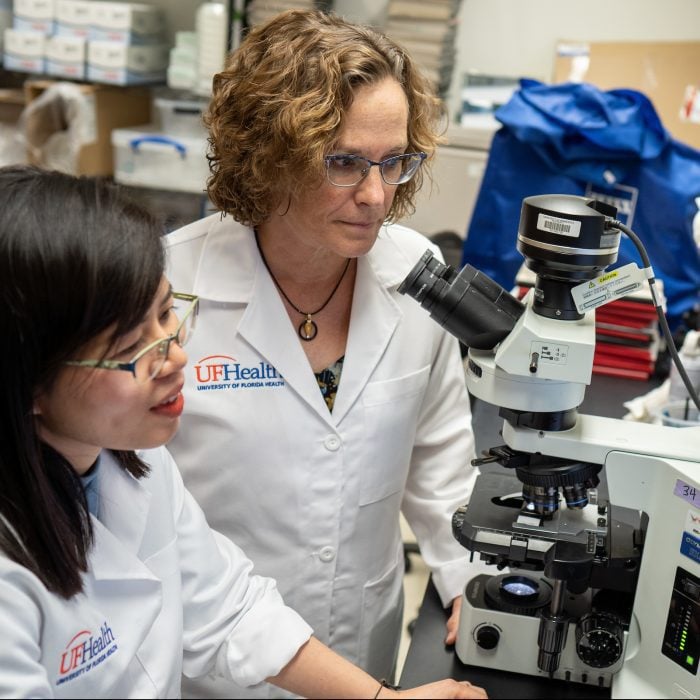Purpose. Vision. Legacy.
In 2024, Dan Doctoroff, three years into his battle with ALS, told Spectrum News, “I won’t stop until I can’t anymore.” Referring to a commitment to solving for the current two to five year lifespan of a person living with ALS, this sentiment reflected a lifelong pursuit: expedite impact.
A New Era for Collaborative ALS Research
When Dan Doctoroff founded Target ALS in 2013, it was born out of personal loss and a sense of urgency. The initiative was a tribute to his late father and uncle, both of whom had succumbed to ALS. Dan explained, “It was for the generations in my family that would follow me. ALS was clearly hereditary in my family.”
In doing in-depth homework around ALS and the treatment landscape, he realized there was a critical gap in ALS research, which was siloed and fragmented in nature. His vision was clear: create a new, collaborative research model—one that brought together industry, academia, and various sectors to accelerate the development of treatments for ALS. During stakeholder engagement, several hypotheses were put forward and Target ALS was built around them.
“We need to fill the pipeline. We need to get to clinical trials. We never know what’s going to work, so you have to explore hundreds of targets. You validate many of them, get them ready for clinical trials, and hope that some of them emerge successful,” Dan explained in a 2022 interview. “The more funding you have, the faster you can work and the more lives you can save.”

For a disease as complex and deadly as ALS—affecting 1 in 400 Americans and with about 90% of cases being sporadic, with no clear family history—this approach was nothing short of revolutionary. Despite being first identified in 1870, ALS has remained stubbornly resistant to effective treatments, with most clinical trials failing to yield FDA-approved therapies. But Dan’s vision was different. He wasn’t just looking for a silver bullet; he was seeking to change the entire research ecosystem.
Since its launch, Target ALS has made dramatic strides. By pioneering the Innovation Ecosystem, the organization has helped build a sustainable pipeline of new drug candidates, attracting collaborations across genetics, cell biology, big data, and the pharmaceutical industry. “I never would have imagined that Target ALS would play such a catalytic role in advancing science,” Dan shared in 2022, reflecting on the organization’s incredible impact.

One of Target ALS’s greatest achievements is the Target ALS Annual Meeting, which unites leaders from industry, academia, and research. In 2024, it attracted over 850 participants, including 146 biotech, pharma, and venture capital firms, showcasing that ALS is solvable—a remarkable increase from just 134 attendees at its inaugural meeting a decade ago. As Dan commented in May 2024, “When Target ALS was first launched, we did so with the belief that more resources and collaboration was key to breaking down barriers to accelerate ALS research. With a complex disease like ALS, you need people working together. So we designed Target ALS to bring together key stakeholders – academia, industry, nonprofits and government – to collaborate in ways that hadn’t been done before.
Deliberate Disrupter
Dan’s career has been defined by turning ambitious visions into reality. As proclaimed by the writers of The Urbanist: Dan Doctoroff and the Rise of New York: “In telling this story, we fear that the breadth of the projects included in this book may be too much for some readers to find credible. How is it possible that one man played such a central role in so many undertakings? … Equally astonishing is the compressed time period in which Dan helped instigate and make irrevocable most of the projects documented in this book.”
Dan, who grew up near Detroit and attended Harvard University, began his career in investment banking. He settled in New York City with his wife, Alisa, to accommodate her career as a media executive, however his move to the Big Apple was a reluctant one and he expected that their stay in the city would be brief. As his career progressed into private equity, his appreciation for New York City grew, appealing to his curious nature.

In 1994, inspired by attending a World Cup soccer match, Dan spearheaded New York’s bid for the 2012 Olympics. As writers of The Urbanist note, “He did not simply pass the notion along to a few well-connected friends who might be able to do something about it. He set out to educate himself about international sports, he learned about what was required for a city to bid for the Games, and he discovered – and this would be key – that hosting the Olympics could be a catalyst for cities to complete major planning and infrastructure efforts.” While the bid was unsuccessful, his efforts bolstered significant and successful developments around the city.
Dan’s Olympic vision caught the attention of then-Mayor, Michael Bloomberg, who appointed him Deputy Mayor for Economic Development and Rebuilding in 2001. Tasked with the city’s planning efforts, including the rebuilding of Lower Manhattan following the traumatic events of 9/11, Dan developed a Vision for Lower Manhattan, “a vibrant global hub of culture and commerce, a live-and-work-and-visit community for the world.” During his tenure, Dan’s strategy was a highly effective one, earning a reputation as a leader who worked intensely, listened to staff ideas, entertained proposals from any source and was willing to do things differently. He also became well-known for slicing through bureaucracy to achieve incredible results, including iconic New York monuments; the Shed, Hudson Yards, Brooklyn Bridge Park and The High Line Park. Out of 290 city projects, 280 were completed under his tenure.
The Highline Park:






Brooklyn Bridge Park:




Governors Island:


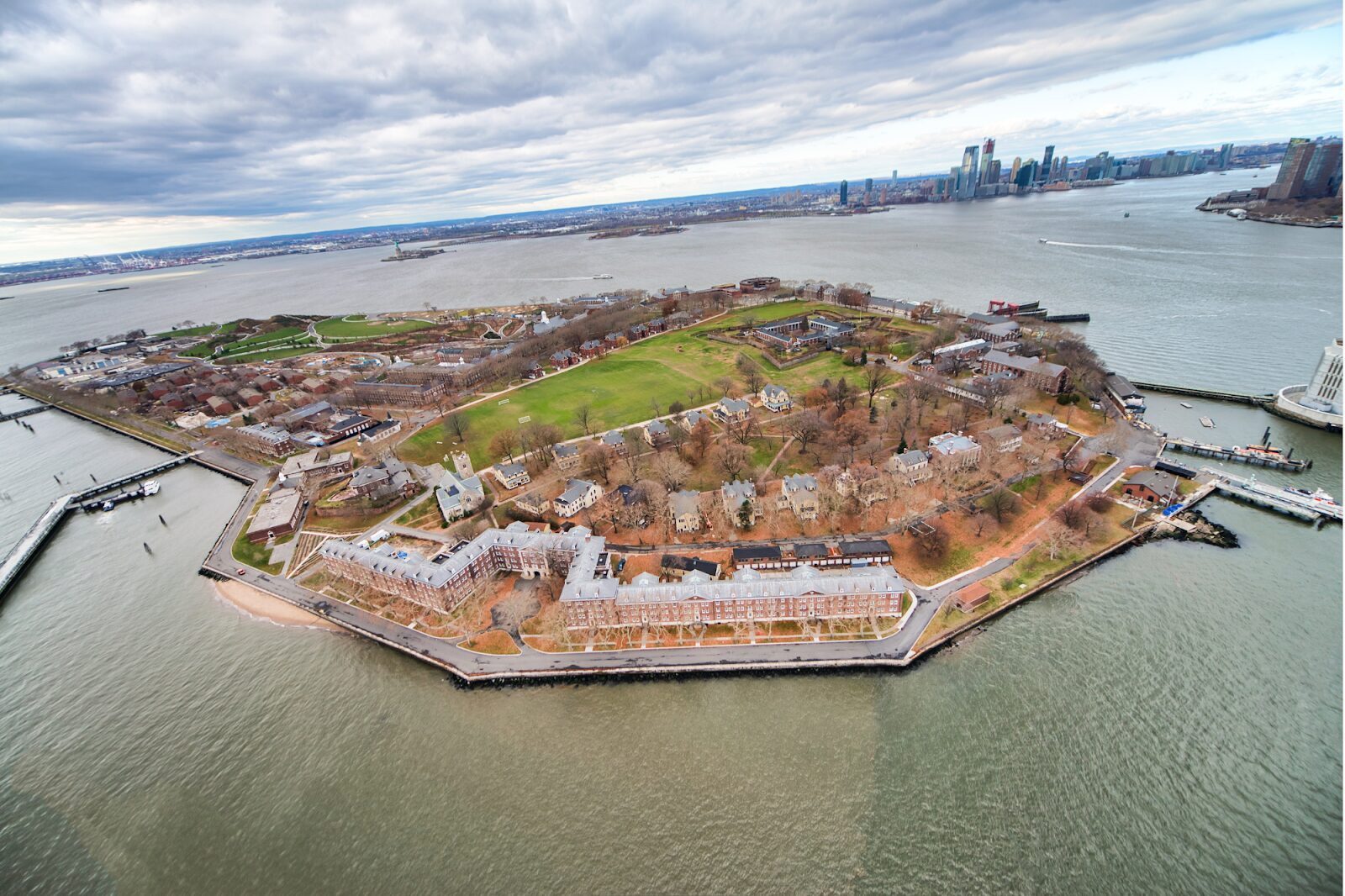
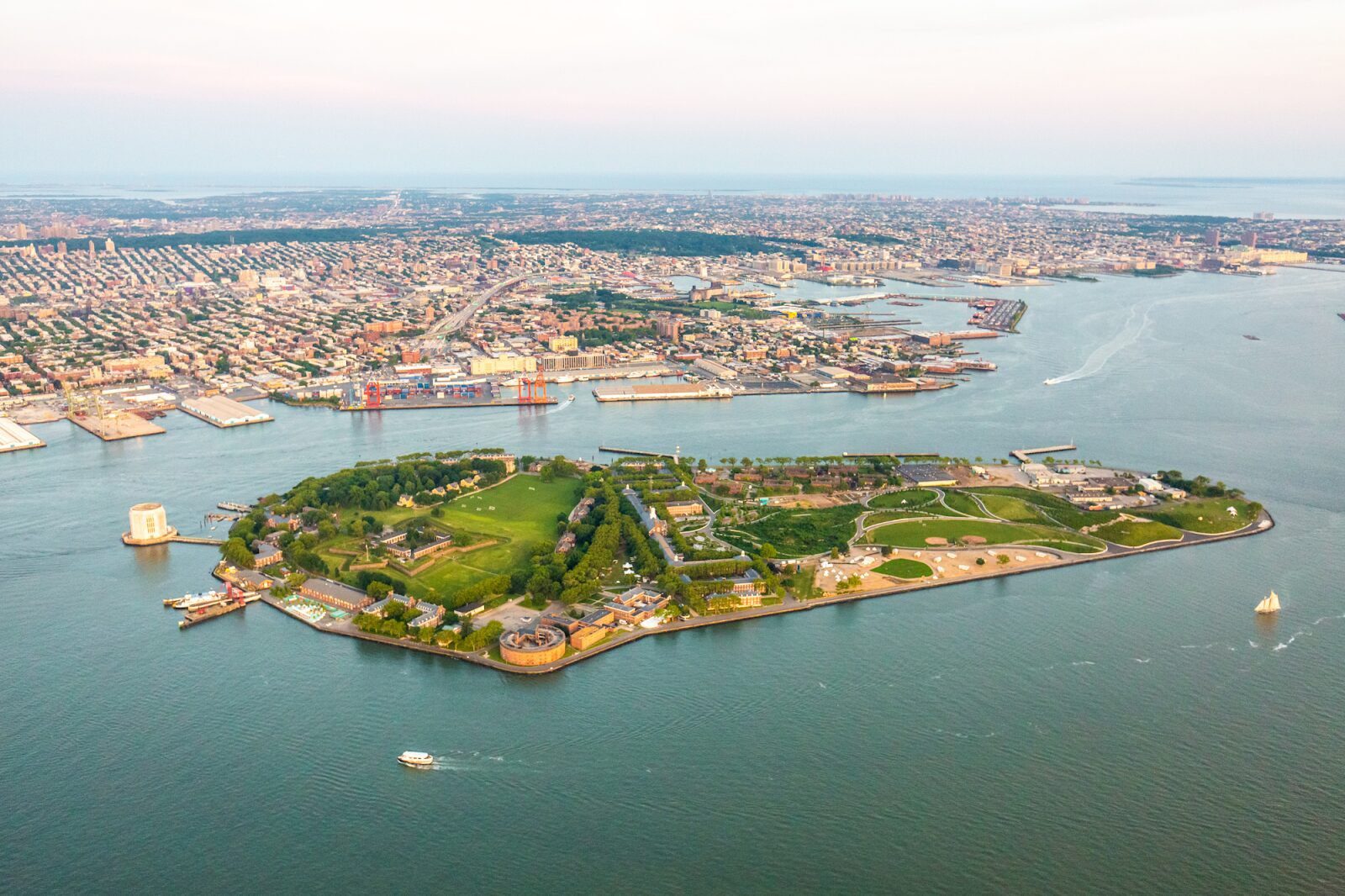
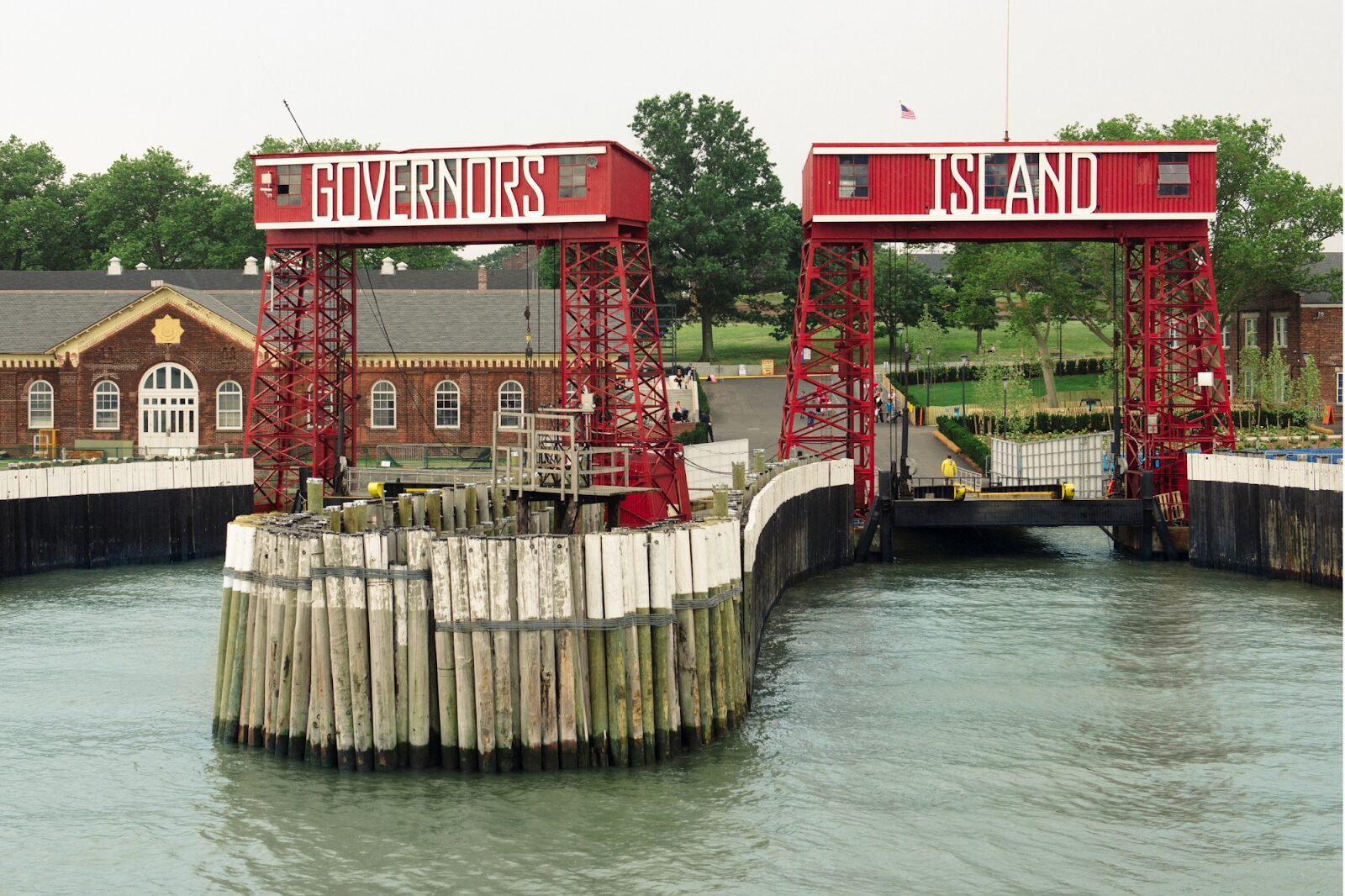
Hudson Yards:






Yankee Stadium:


The Shed:
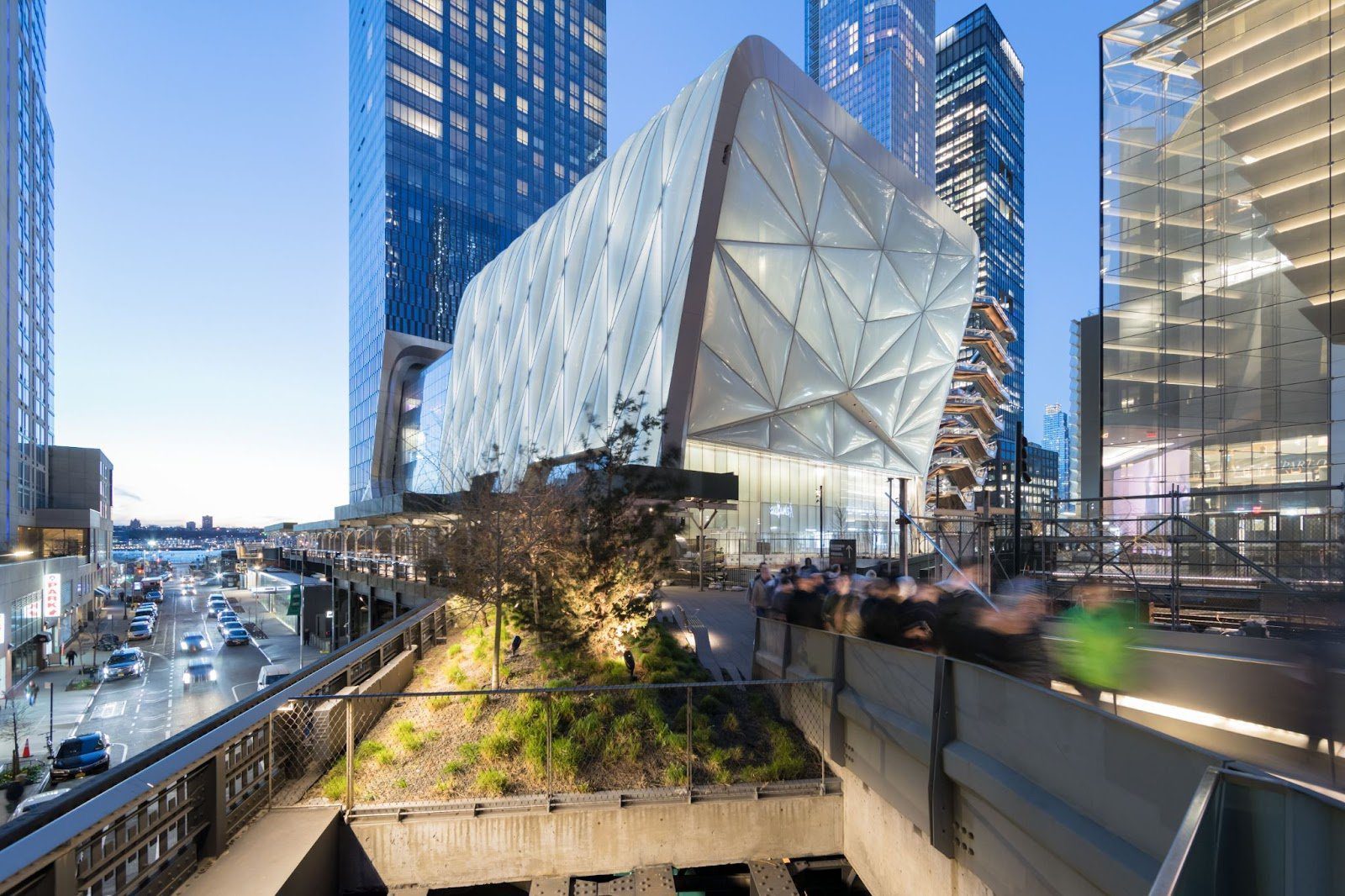

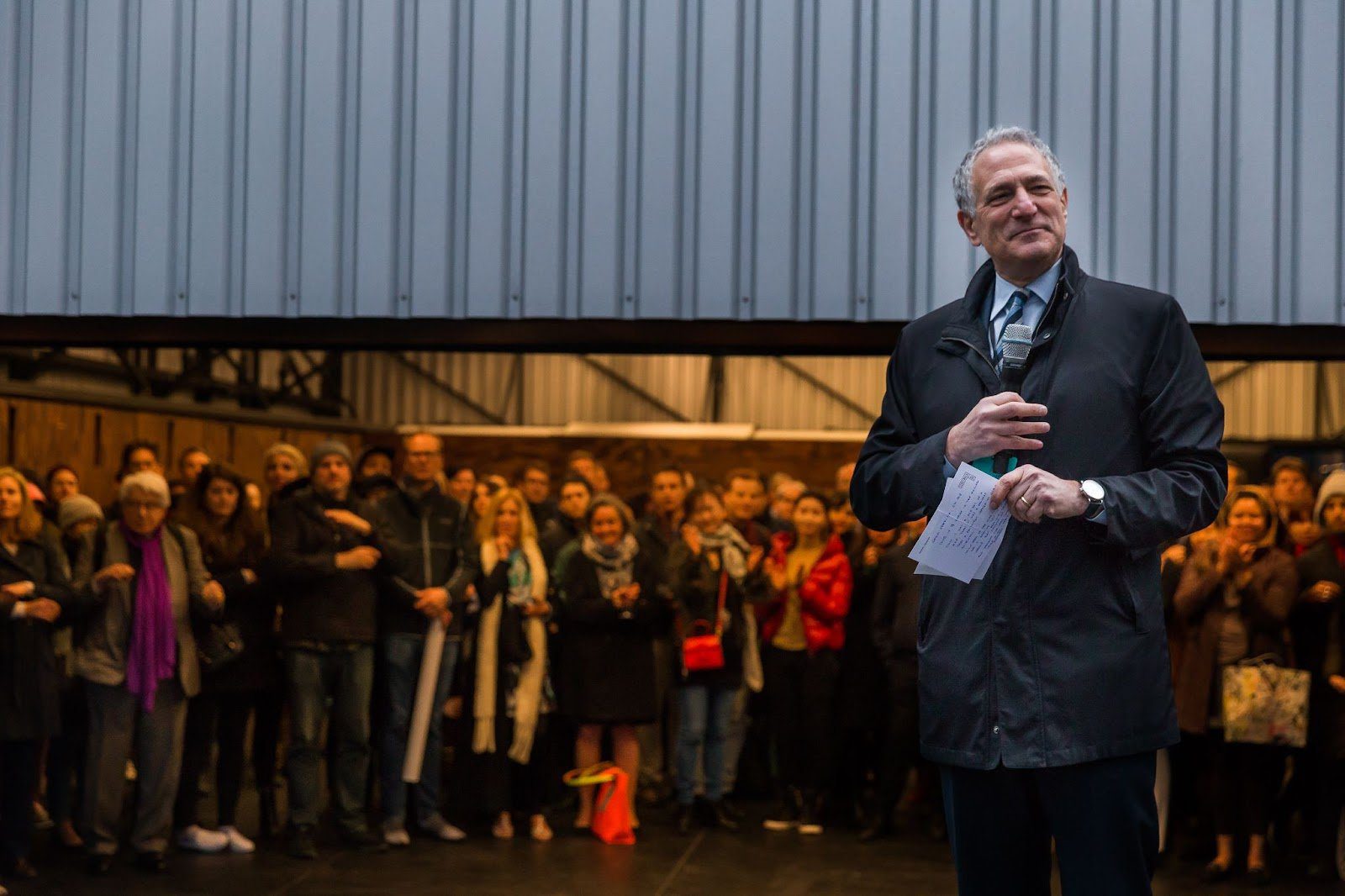
As Sophia Hollander and Mark Ricks write in The Urbanist, while Dan may not be solely responsible for these successful projects, he has always served a catalytic role. “Essay after essay tells a similar story,” they write, “A longtime government employee with an idea, struggling to cut through bureaucratic inertia … until sharing the idea with Dan. They recount how Dan didn’t accept an idea at face value. He asked question after question, until becoming convinced of the merits – at which point, everything changed. Bureaucratic inertia was replaced by newfound momentum, unprecedented interagency coordination, more funding, and – above all – driving intensity from Dan (best evidenced in recurring meetings that began in predawn weekday hours or on weekends, or that stretched well past midnight).”
A Pivot and a Diagnosis
After leaving his role as Deputy Mayor, Dan transitioned to the private sector, becoming CEO of Bloomberg L.P. Under his leadership, Bloomberg grew dramatically. As Michael Bloomberg has written, “It’s no accident that when Dan decided he was ready for a new crusade, Peter Grauer and I decided to hire him as President and CEO of Bloomberg. When I returned to the company six years later, I found it far stronger and larger than when I had left. I wish I could say I was surprised.”
In 2015, Dan founded Sidewalk Labs, a venture alongside Google (now part of Alphabet) aimed at using data and technology to radically improve urban life. He poured his trademark curiosity and energy into the project, bringing together urbanists and technologists, until 2021 when an unexpected diagnosis shifted his focus.

Despite the tragic fate of both Dan’s father and uncle, Dan himself was not highly concerned that he was at risk of developing ALS. However, in 2019, Dan began to experience hip weakness that got progressively worse. In September 2021, during a trip to Iceland with Alisa, Dan also experienced breathing issues. He consulted a doctor as soon as they returned home, but what makes the lack of knowledge and understanding around ALS even more frustrating is that there is no single diagnostic test for the disease. As Dan wrote at the time of his diagnosis, “Instead, the doctors look for patterns and seek to eliminate alternatives. I have had dozens of blood, physical, and other tests. The conclusion after all of that is that the symptoms and several of the test results indicate the odds of my having ALS are very high.”
When Dan was diagnosed with ALS, he was stunned. Despite having lost family members to the disease, he never imagined he would face the same fate. Adding to the enigma of ALS, both his father and uncle had tested positive for the C9orf72 genetic mutation, one of the most common genetic links to the disease. However, after his diagnosis, Dan underwent genetic testing for C9orf72 and all other known ALS-associated mutations—only to discover that he tested negative for all of them.
While Dan’s decision to spend more time with his family, connecting with friends and going on adventures with his wife, Alisa, meant stepping down from his role in the private sector, it also meant a renewed focused vigor on accelerating ALS research.
He said, “I have found that focusing on Target ALS gives me an incredibly powerful sense of purpose and maybe I can help myself, but that’s less likely. It’s about my family, where there is a hereditary component and more importantly, there are one in 400 people who are alive today who will die of ALS, and I feel like I can do something to help them with a disease that has devastated my family. It’s likely to have a significant impact so that’s what I’m going to do. That’s why I quit the company that I started, stepped back from leadership positions and a number of things that I was involved in and really focused on Target ALS.”

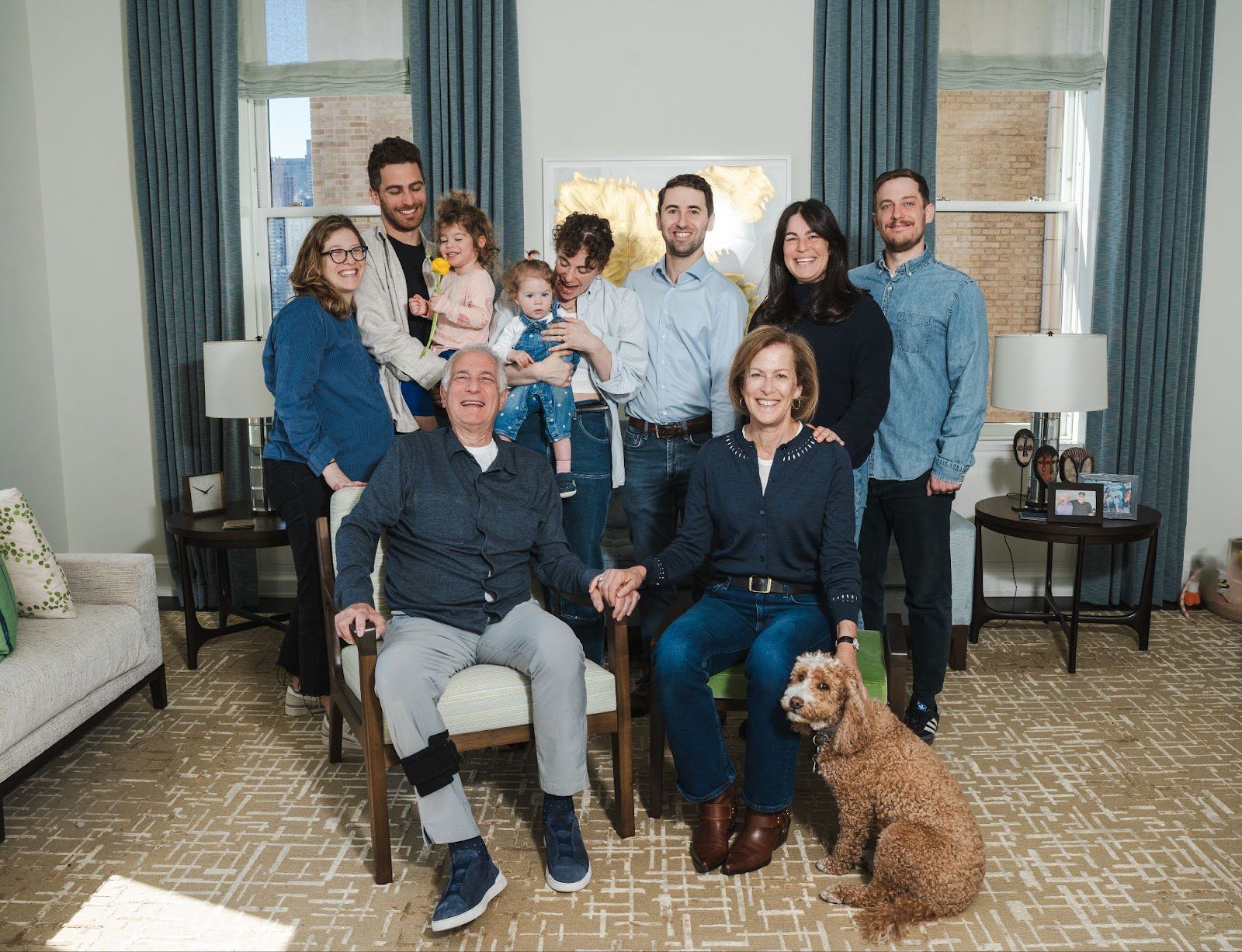
A Legacy Is Made
Dan has always believed in the power of optimism. Over the last few years, he has imported a passion for collaboration, clear goals and processes and effective communication and used it to take Target ALS to new heights. Dan has explained, “I’m a huge believer in bringing people together, having clear goals and processes that work, as well as effective communication. At the end of the day, when you’re dealing with very complex situations where there are multiple disciplines that have to be involved, the only way to get things done is to work together.”
After his diagnosis in 2021, Dan vowed to raise at least $250 million to apply these principles at scale in ALS research so that one day, the disease would be survivable. It is no surprise that he achieved this goal by early 2024.
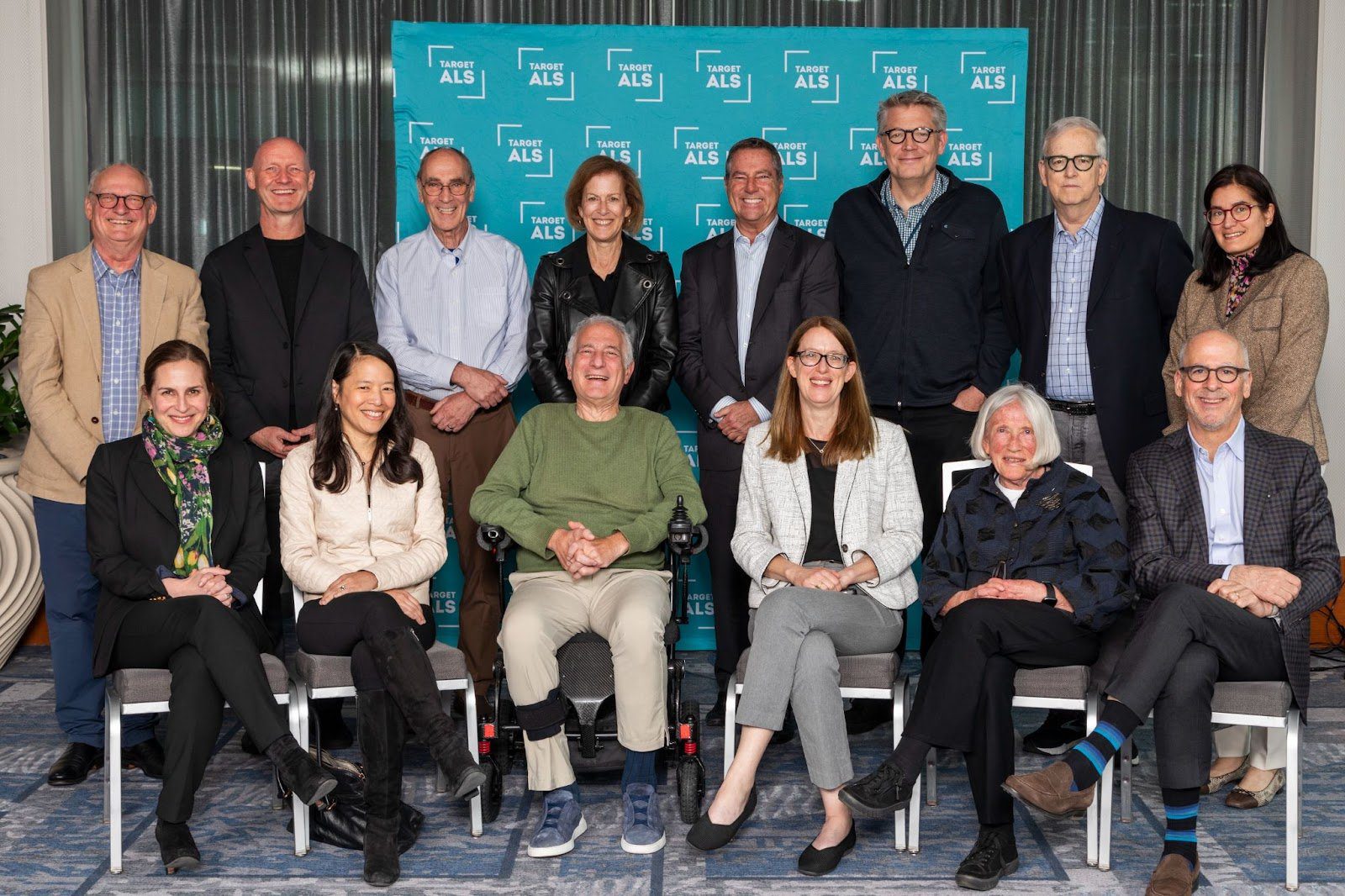
A commitment to collaboration is a through-line throughout Dan’s career. During Target ALS’s inception, he consulted with experts in the field including Chris Henderson and Zach Hall, who taught him about the barriers that exist in research as well as shared ideas for solutions. Dan also often credits Target ALS CEO, Manish Raisinghani, as the main driver of a strategy that is focused on defeating ALS and with greater resources, set to dramatically scale up the drug pipeline through rigorous science and partnerships. Since the inception of Target ALS in 2013, Dan has raised more than $350 million for ALS research, allowing Target ALS to develop a comprehensive ALS research investment strategy that will lead to effective treatments for ALS. Thus far, due to Dan’s success, Target ALS has awarded more than $80.4 million in grants to 71 consortia – 55% of which involved industry partners. The impact numbers reflect the power of an Innovation Ecosystem committed to bringing the greatest minds and ideas to the table and working together, including sharing data on Target ALS’s new Data Engine (launched in 2024), which is available to all researchers anywhere in the world.
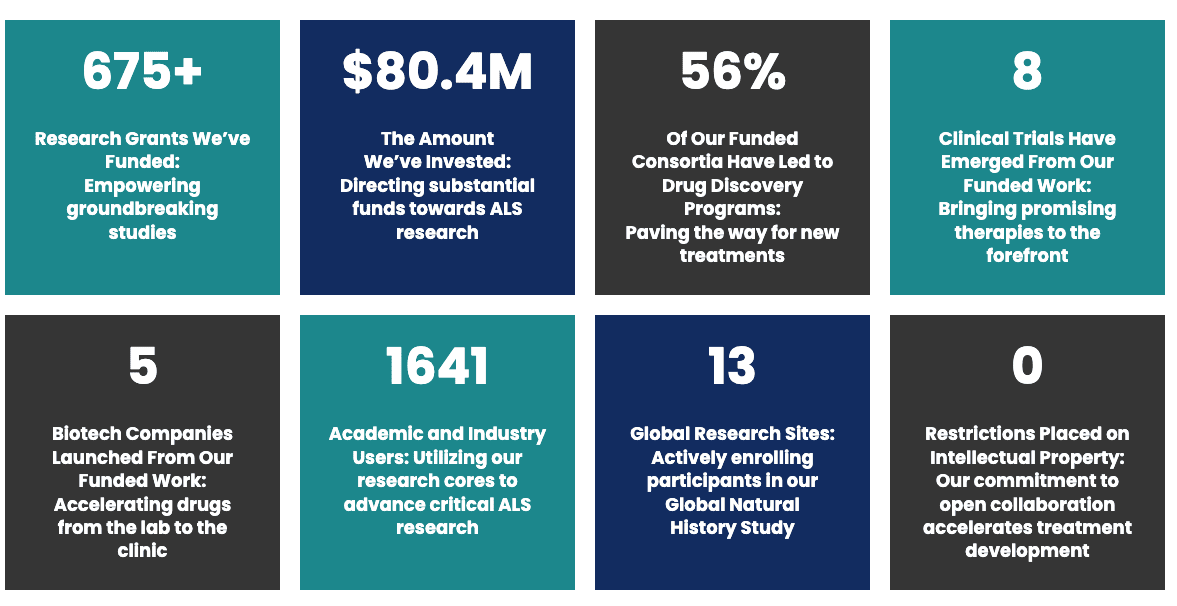
It’s this ability to pull the best ideas forward that sets Dan apart from so many leaders. It’s also why Target ALS also focuses on partnerships with organizations working on related neurodegenerative diseases. As Dan has said, “I think that’s important for a number of reasons – we can draw new ideas, talents and technologies into the field while sharing back out of our approach and the findings from the things we’re learning.”
While Target ALS may have been a small project for Dan when it was founded, it has quickly grown in just over a decade, catalyzing a sustainable pipeline of new ALS drug candidates. And it’s only just the beginning.
As Dan has said, “We’ve built a powerful engine here, increasing the research budget by more than 3.5 times in just two years, and we’ve proven that the model works. And I want to expand it, because the more we expand it, the more we can do. The more we can do, the faster we’re going to be saving people’s lives.”
Target ALS’s unique approach to accelerate ALS research and drug discovery through research it supports, research it enables and research it conducts is on track to realizing a world where Everyone with ALS Lives.
Dan Doctoroff – urban legend and ALS legacy. He won’t stop until he can’t anymore.
